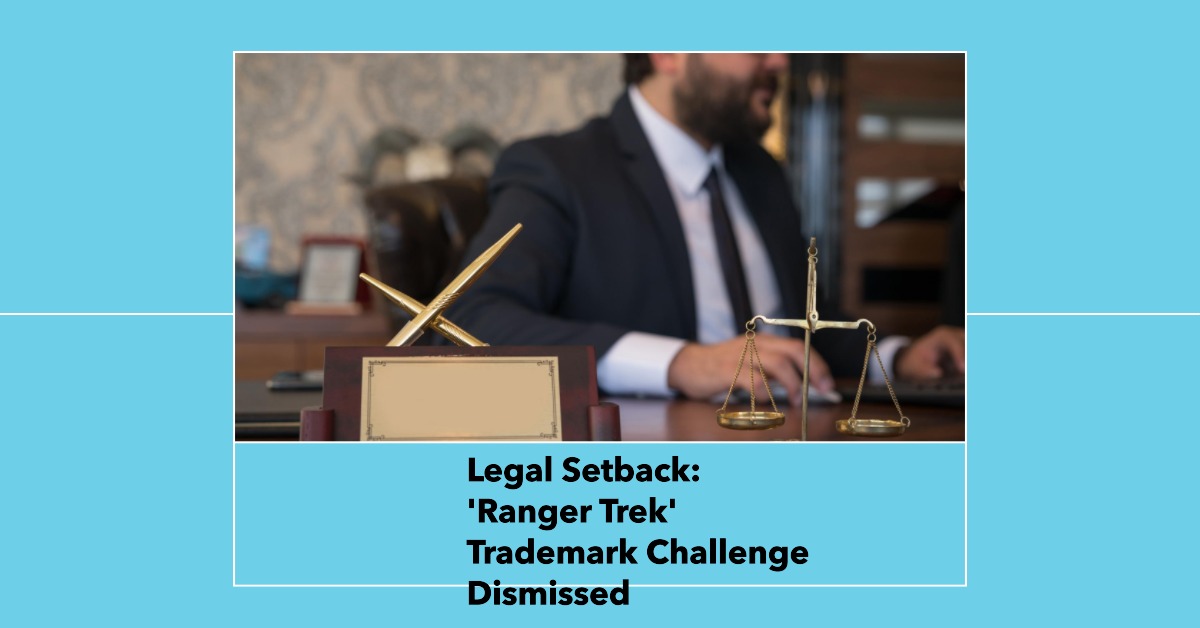Trek Bicycle Faces Legal Setback as Ranger Trek Trademark Challenge Fails to Resurface


However, despite Trek’s vigorous efforts to revive the trademark challenge, the legal proceedings have ultimately favored the entity seeking to register ‘Ranger Trek.’ The specific reasons behind the failure to revive the challenge may involve legal nuances, procedural aspects, or the lack of compelling evidence to substantiate the claims made by Trek Bicycle.
The legal landscape surrounding trademark disputes often involves intricate details related to the distinctiveness of marks, likelihood of confusion, and the overall impact on consumer perception. In this case, the failure to revive the challenge suggests that the legal arguments or evidence presented by Trek Bicycle may not have met the necessary threshold to warrant a reevaluation of the initial decision.
The outcome of this trademark dispute underscores the complexities and uncertainties that can arise in the realm of intellectual property law. Companies invest substantial resources in building and protecting their brand identities, making trademark disputes a crucial battleground for maintaining market presence and consumer trust.
While Trek Bicycle may face disappointment in this particular dispute, it highlights the importance for companies to conduct thorough trademark searches and assessments before initiating challenges or opposing trademark registrations. Understanding the intricacies of trademark law and presenting a robust case is essential to secure favorable outcomes in such legal battles.
This development also sheds light on the evolving nature of the bicycle industry, where competition is fierce, and companies are increasingly vigilant in protecting their intellectual property. The ‘Ranger Trek’ dispute serves as a reminder for businesses to stay proactive in monitoring trademark registrations and addressing potential conflicts promptly.
Oops! We could not locate your form.